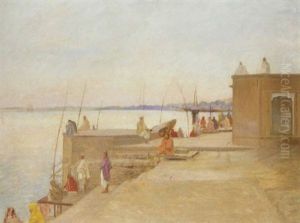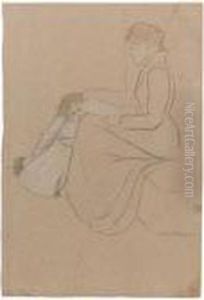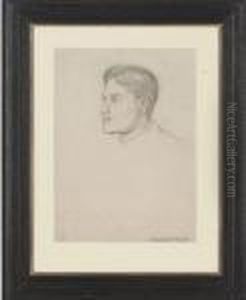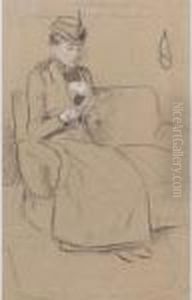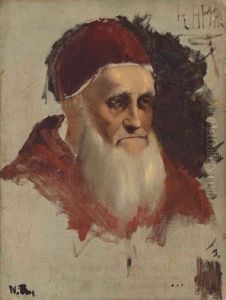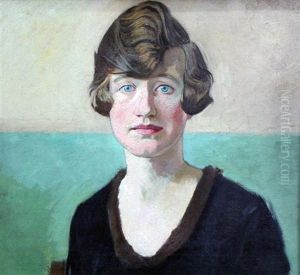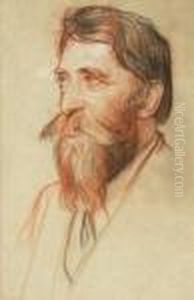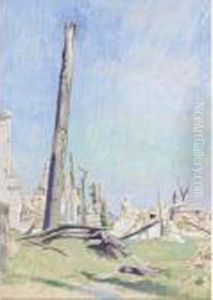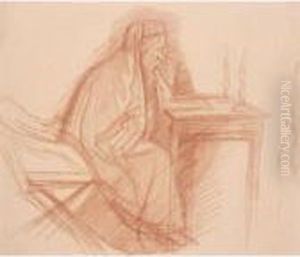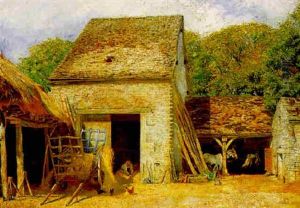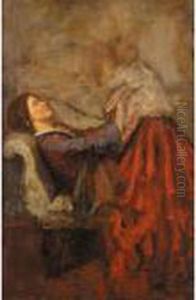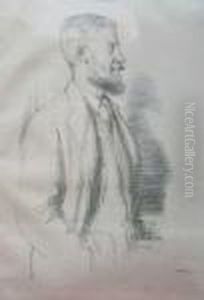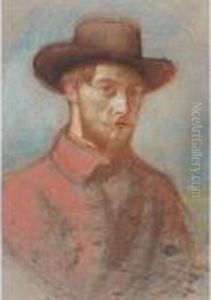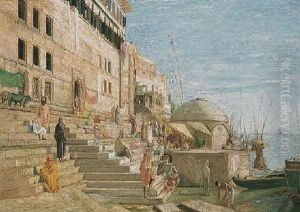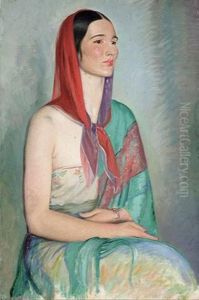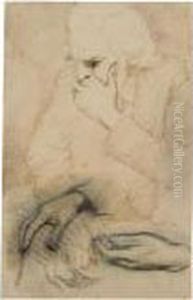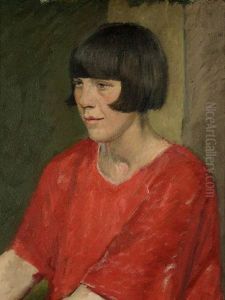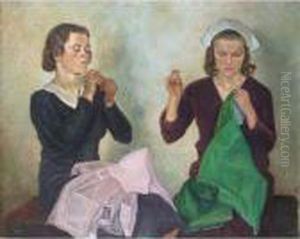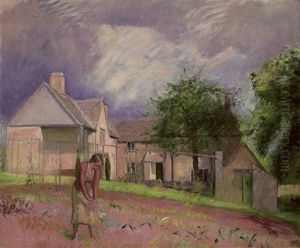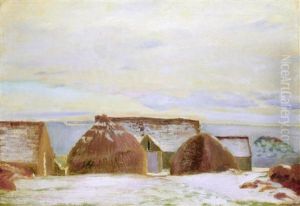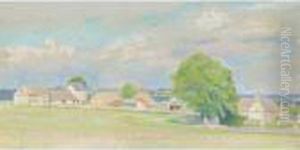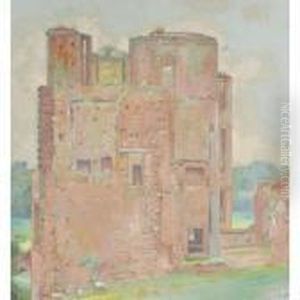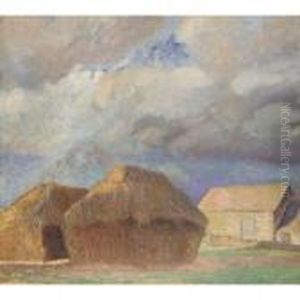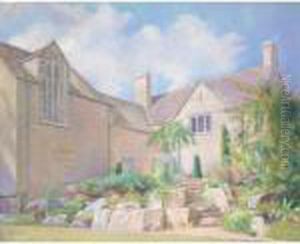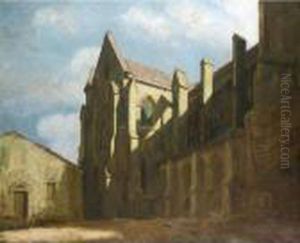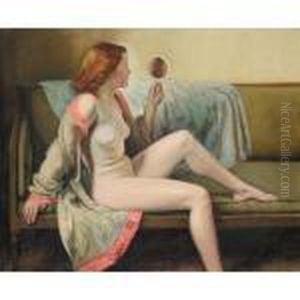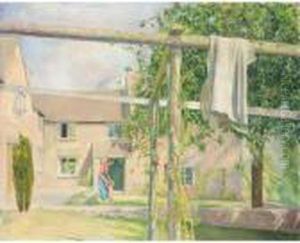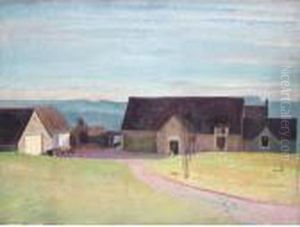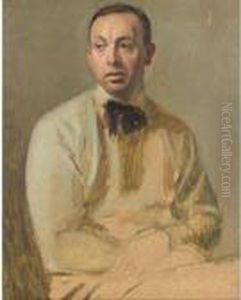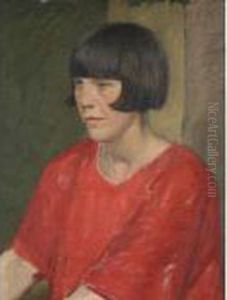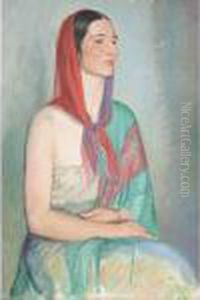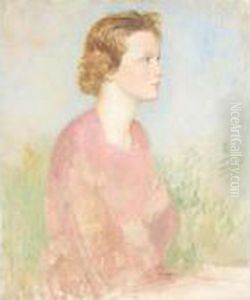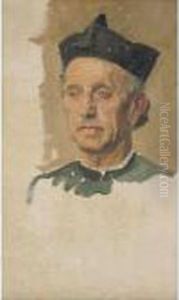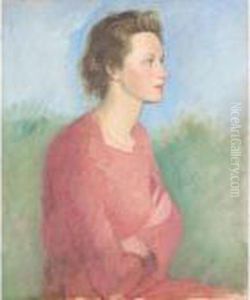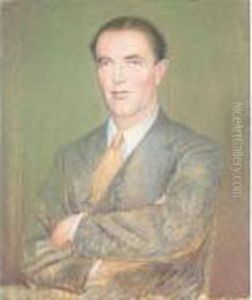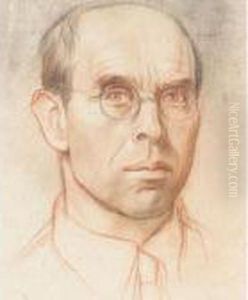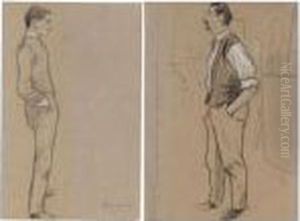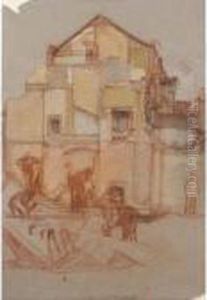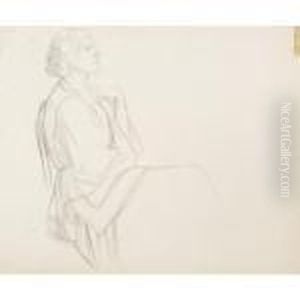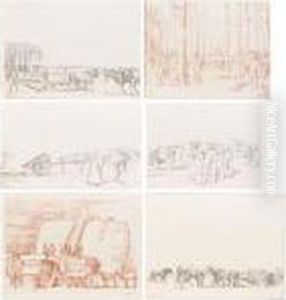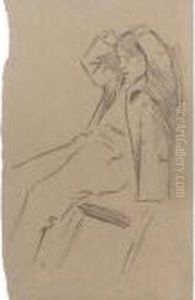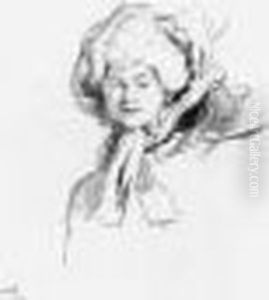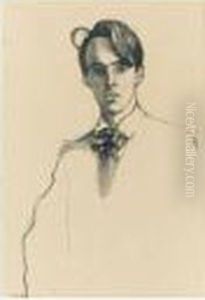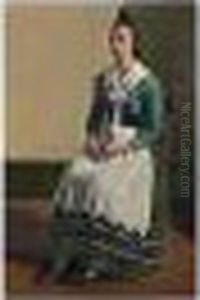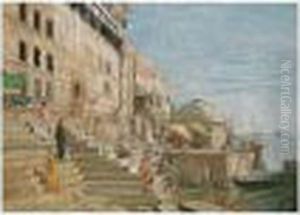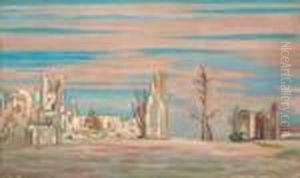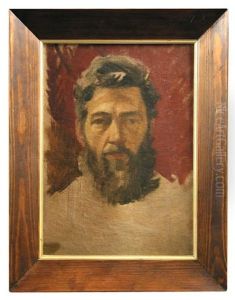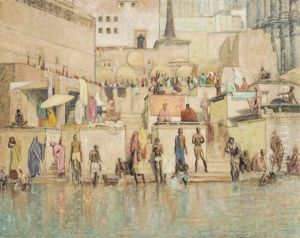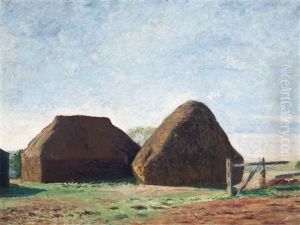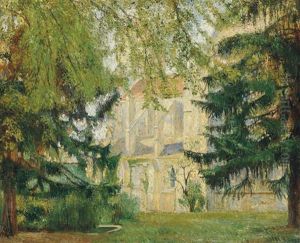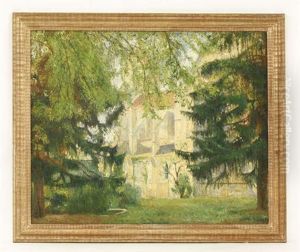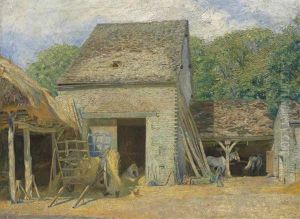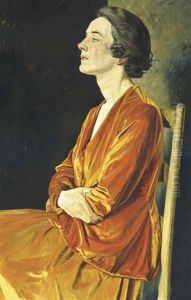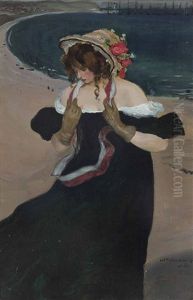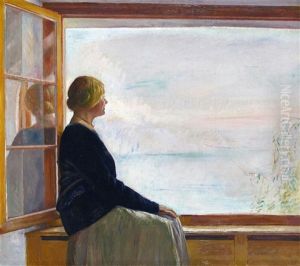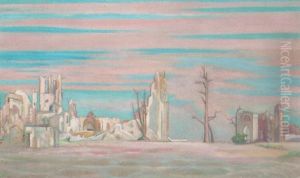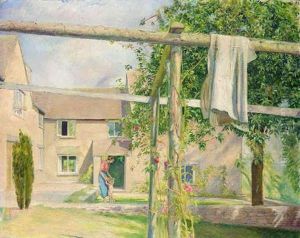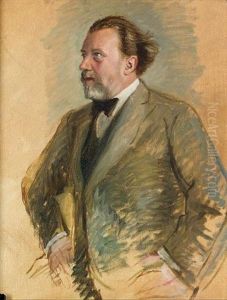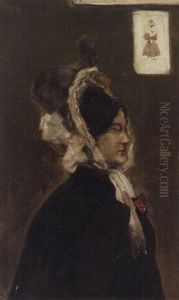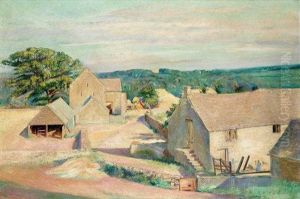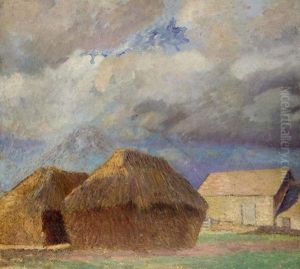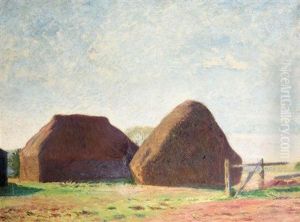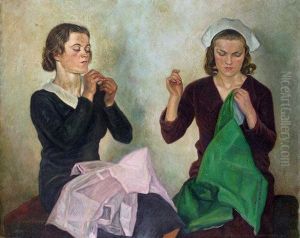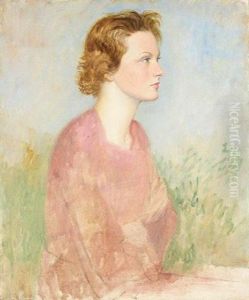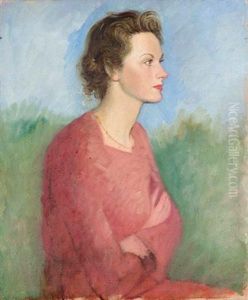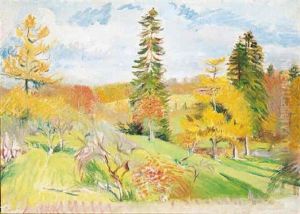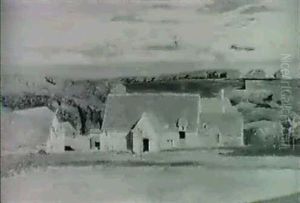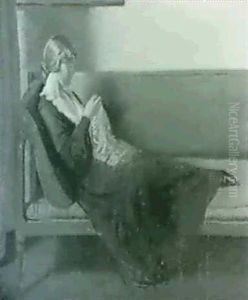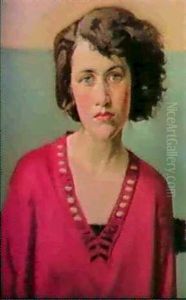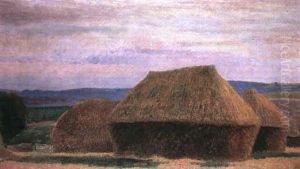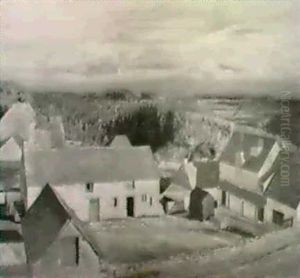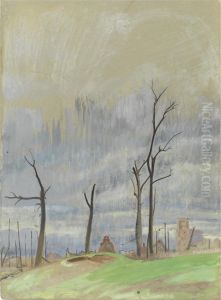William Rothenstein Paintings
William Rothenstein was a distinguished British painter, printmaker, draughtsman, lecturer, and writer on art. Born on January 29, 1872, in Bradford, West Yorkshire, England, Rothenstein was a key figure in the London art world, known for his portraits and for being a founding member of the Camden Town Group, a group of English Post-Impressionist artists.
Rothenstein attended the Slade School of Fine Art in London, where he honed his artistic skills. He then moved to Paris to continue his studies, where he became friends with many artists and writers, including John Singer Sargent, James McNeill Whistler, and Oscar Wilde. During this time, he was influenced by the symbolist movement and the work of James Whistler, which is evident in his early pieces characterized by soft tones and subtle color palettes.
In the 1890s, Rothenstein began exhibiting his work and quickly gained recognition for his talent, especially in portraiture. He was known for capturing the character and essence of his subjects, which included many notable figures from various walks of life such as artists, writers, and politicians.
During the First World War, Rothenstein served as an official war artist, documenting scenes from the Western Front. These works contributed to the historical record of the war and showcased Rothenstein's ability to convey the emotional depth and gravity of wartime experiences.
Rothenstein's career also extended into academia. He was a principal at the Royal College of Art from 1920 to 1935, where he influenced a generation of British artists. He emphasized the importance of technical skill and encouraged the study of both classical and modern art.
Apart from painting, he authored several books on art and artists, further establishing his reputation as a learned figure in the art world. His written works include 'Men and Memories', an autobiography in three volumes that provides insights into his life and the cultural milieu of his time.
William Rothenstein's legacy is marked by his contributions to British art, both through his own works and through his role as an educator and author. His paintings are part of the collections of many major galleries around the world. Rothenstein passed away on February 14, 1945, leaving behind a rich body of work that continues to be appreciated for its depth and character portrayal.
